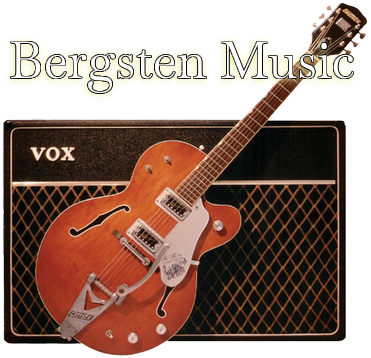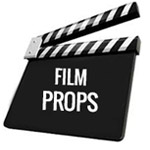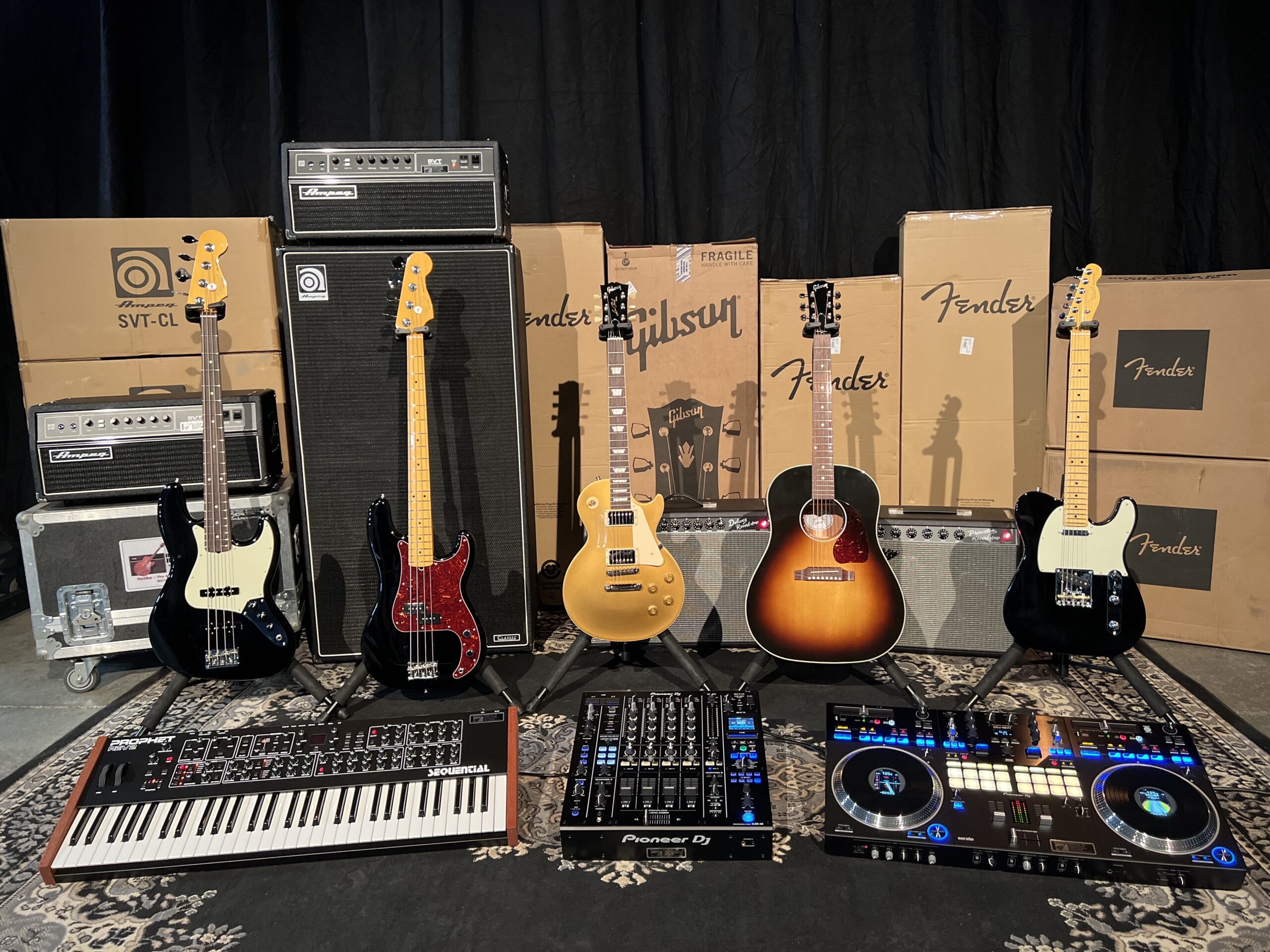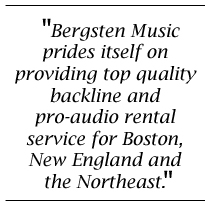Event Planning Tips: Industry Keywords
If you are someone who hasn’t spent much time planning comedy, music or theatrical shows the process can be quite overwhelming. Don’t let industry lingo complicate your event planning experience! Take a look at our list of most commonly used terms and their definitions as they pertain to event planning, below:
Advance– (in context: “I have to advance the rock show”): When someone affiliated with the act (usually a manager) calls to discuss event details such as arrival time, production requests, rider changes etc.
Backdrop– A large colored or painted cloth hung at the back of a stage to serve as a setting (theater) or background for the performance/event.
Backline– Musical equipment requested/required by the hired performers. In most cases, a tour manager will provide an artist ‘Rider’ (see below for definition) which will indicate what musical equipment is needed. In most cases, production companies like us are able to fulfill those requests.
Bid – an offer of a price for a service. Event planners often deal with many bids from potential vendors (providing the same service) and will usually pick the most budget-friendly price. Bergsten Music is frequently asked to provide/enter a bid when our services are being considered for a large scale event.
Break Even– The point where revenue generated from ticket sales is equal to the amount of money spent producing the show.
Comps / Complimentary tickets- These should be provided to friends, family, business associates of the band and/or any other key players in the event. They are free, but count toward ‘total capacity’ regulation.
Configuration – The placement of everything within the room; the set up. This includes everything from the stage, gear to the chairs and concessions.
Contract – A legal document issued to you/your business when your bid has been accepted by the artist, vendor or other affiliate related to your event. Must be signed by both parties to hold weight in court.
Crew– The people hired to help set up, move equipment, and manage all other critical aspects of the event.
Deadwood– Unsold tickets usually due to a facility issue or security concern.
Disclaimers– Statements posted where event attendees can see clearly- which are designed to communicate restrictions such as “no refunds”, “no recording devices” etc.
Entertainment Tax– Some states tax for performances- double check to see if this applies to you/your event.
Facility– The venue of the event.
Front of House (FOH) – The designated area for the mixing and lighting boards. This is usually set up in the crowd among those seated on the floor further back from the stage. Everything the audience can see and hear is controlled from this location.
Fly– To fly means to hang sound and/or lights; usually from the ceiling or support beams of the venue. If sound/lights do not fly, you will use ground support via towers and lifts.
General Admission – No assigned seating.
Generator– In many cases, the venue of your event may require additional electricity and one of these will do just that.
Gross Potential– The highest amount of revenue a show/event can produce.
Hospitality– Food, toiletries, and more- typically in respect to the performing artists. Usually the riders, provided at the time of booking the act, indicate exactly what you’ll need to have on hand backstage.
House Policy– Rules set by the venue, ie: No re-admittance, no smoking.
House Staff– Employees of the venue (ie: ticket takers), who you usually pay to have working the night of your event.
In-House– Equipment, supplies, personnel and more that is or can be supplied by the venue (ie: a stage).
Manifest– A detailed list of all seating and all available tickets. You will also hear this term in relation to all the backline/sound/lighting gear you may have rented from a company like Bergsten Music.
Middle Agent – People who do not represent or manage performing acts, but who will work with you to help produce a show.
Mixer– Most acts will require their own mixing console, which controls lights, sound and monitors.
Permanent seating– Built-in seating that cannot move. It’s important to be aware of these as it could influence the configuration of your event.
Petty Cash– Money you should have available the day of to cover unexpected costs.
Primary Agent– The performing artists representative. Their loyalty is to the act, not the buyer.
Production Kills– The seats that have become unavailable due to production. Typically the seats near the mixing board are not for sale, for example.
Production– Sound, lights, power, stage, back-line, etc. Almost always hired help.
Production Company – The company hired to handle the production needs for your event.
Production Manager – The person running the show in terms of all technical aspects for the performing act- who reports to the Tour manager.
Proscenium Staging – A permanent, curved stage.
Rider– This document accompanies a contract and states specific requirements. From what kind of food you need to have backstage, to what kind of instruments you need to have available on stage- this covers all aspects of production. This document can only be changed in writing if both parties agree, much like the contract, however, the rider is more of a ‘wish list’ than a set of demands.
Rigger– The member (s) of the crew who will climb around the venue to fly the equipment.
Rigging– Equipment that suspends in the air, used to fly the sound and lights.
Runner- The member(s) of the crew/personnel who run around handling errands for the performing acts. They usually need to have a vehicle available.
Seating capacity– The max number of people you can have in the building during your event.
Settlement Sheet– A form that documents all expenses and revenues- often reviewed at the end of the evening/event.
Stacks & Racks – Refers to the stack of speakers and the row of lights for the show.
Three Phase– The electrical requirements needed for sound and lights.
Track Act – An artist who requires a track (prerecorded music) rather than a full band to perform.
Venue – The location of the show.





